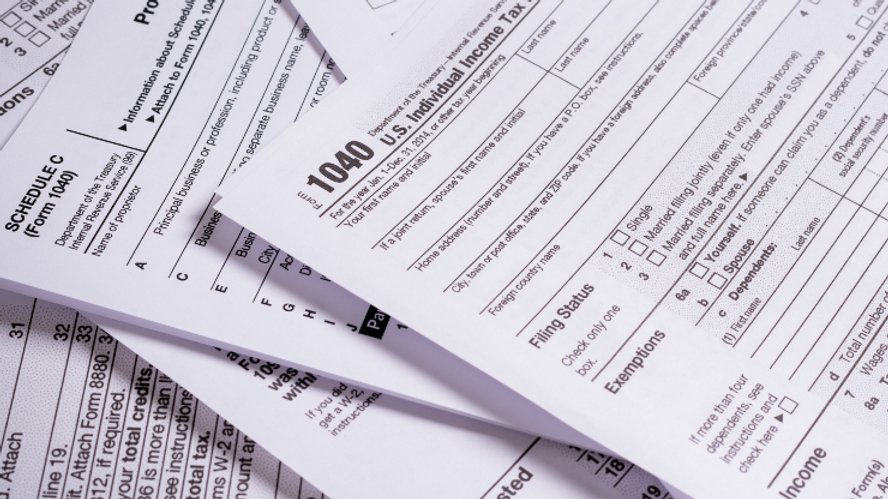
No one likes filing their taxes, and if you have a complex situation, the filing process can pose even more of a headache. However, if you choose to put off your taxes and get behind on paying them, things can quickly become more complicated. Working with a skilled tax resolution attorney is the best way to ensure your tax situation is stress-free. If you owe money to the IRS and are struggling to make the required payment, here are some options for finding relief.
Applying for an IRS Payment Plan
In some cases, low-income applicants can have application fees reduced or reimbursed. Payment plans offered by the IRS offer a great solution for people struggling to pay their taxes. However, it’s important to note that a payment plan doesn’t get you out of paying interest or penalties. Interest will continue to accrue on your payment until the balance is zero.
If you can’t afford your tax bill or need additional time to pay, one option is to apply for a payment plan. There are two kinds of payment plans you can apply for with the IRS:
Short-Term Payment Plans
These plans require taxpayers to pay back their taxes within 180 days through automatic withdrawals from their checking account, a check, or a money order. To qualify for this plan, the maximum you can owe is $100,000, which includes your tax payment along with any fees and interest. You can apply for short-term payment plans by mail or phone.
Long-Term Payment Plans
These plans require taxpayers to make their payments in 120 days or more. To qualify, the maximum you can owe to the IRS in tax, fees, and interest is $50,000. For taxpayers looking to pay through automatic withdrawals, it is $31 to apply online or $107 to apply by phone. If you are looking to pay through a different method, the application fees are more expensive.
Offers in Compromise
Another way you may be able to find tax relief is through an “offer in compromise.” This lets you settle your taxes with the IRS for an amount that is less than you originally owed. Usually, this is only an option for people who have no way of paying back their debt or are experiencing extreme financial hardship.
Getting the IRS to agree to an offer in compromise is much harder than getting approved for a payment plan. In fact, the IRS accepts less than half of the requests they receive for offers in compromise. When determining your eligibility, the IRS considers your income, assets, and ability to pay.
Changing Your Status to “Currently Not Collectible”
If you can’t afford to pay both your taxes and your living expenses, you can file a request with the IRS to have your tax status changed to “currently not collectible.” You’ll need to make this request in collection, which may involve completing a Collection Information Statement to prove that your financial situation is as bad as you are suggesting. On this form, you’ll need to provide proof of your monthly income and expenses.
It’s important to be aware that getting your status change approved does not make your tax debt disappear. Any status change is temporary, and the IRS will usually review your income annually to see if your financial situation has improved.
Consult a Skilled Tax Resolution Attorney
If you are struggling to pay your taxes, you should contact a skilled tax resolution attorney. A tax lawyer can help you determine the best repayment situation for your situation. At Morgan Sebastian Law, Attorney Becky Sebastian is eager to help you navigate the complexities of your tax situation. We understand the challenges of paying taxes while experiencing financial hardship, and we are here to help you handle negotiations with the IRS.
To schedule a consultation with an experienced tax resolution lawyer, call 877-938-1350 or fill out our online contact form.

